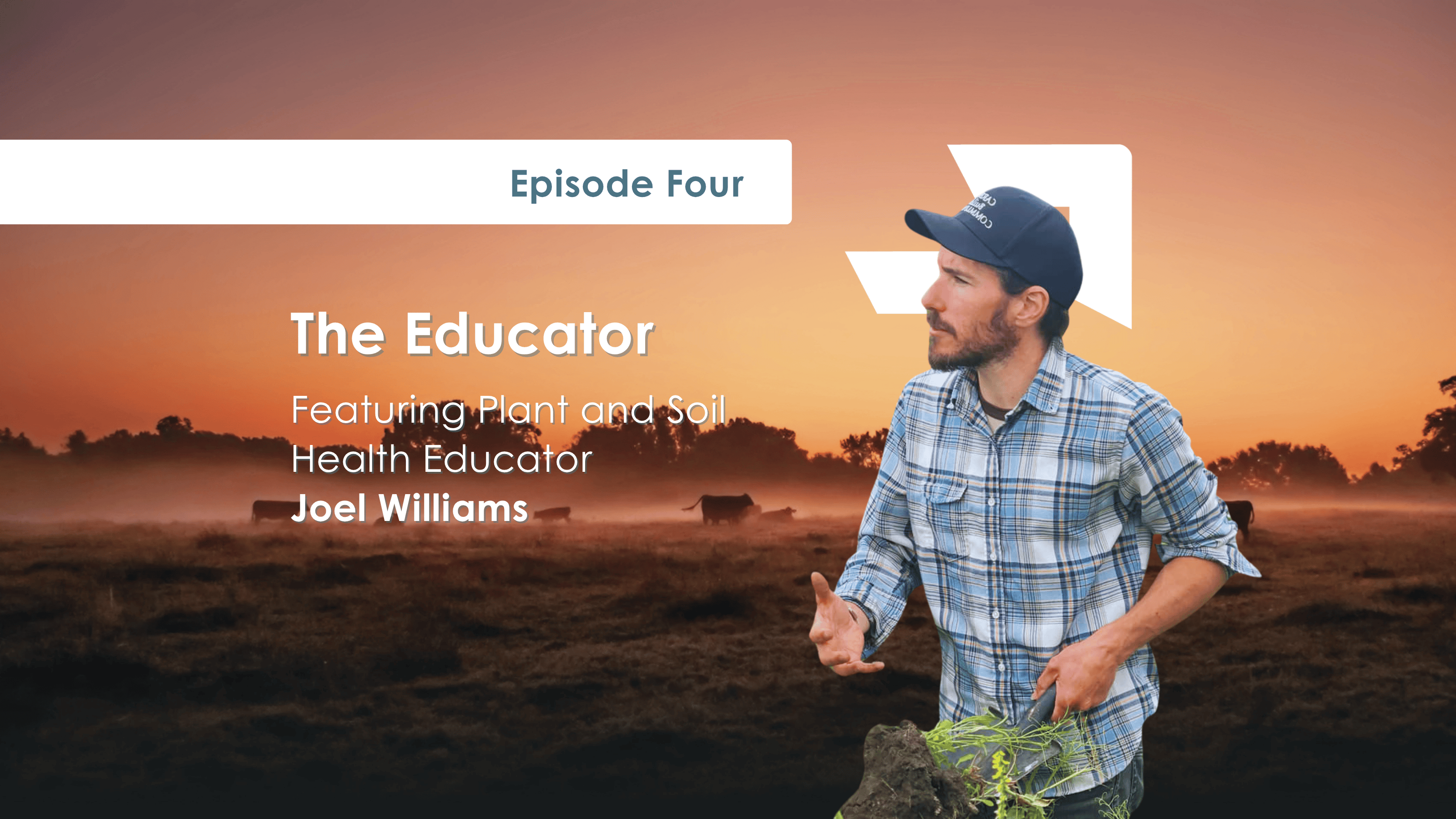Unlock Your Land's Potential with Our Free Cost-Benefit Report
Discover what it means to undertake a succesful soil carbon project and if your property has potential with our FREE Cost Benefit Report.
Your expression of interest takes less than 15 minutes and once complete our experts will provide you with a personalised report tailored to your livestock operation.
What is a Cost-Benefit Report?
A Cost-Benefit Report outlines the expected costs against the potential benefits of a project. Its goal is to determine if the benefits outweigh the costs and to help guide your decisions.

Atlas Carbon is featured in:
Who is Atlas Carbon?
We are revolutionising how livestock producers engage in soil carbon projects from start to finish. We leverage our decade of working with livestock producers to support their grazing businesses. We combine this with agronomy and carbon expertise, market-leading data and technology.
We focus on helping graziers successfully sequester soil carbon while increasing land productivity.
.webp)
What can a soil carbon project do for your property?
Soil carbon projects are unique in that they don't inhibit grazing practices. Properly implementing soil carbon project requirements can increase your land productivity by a substantial amount.
increase in land productivity
On average there is the potential to increase production by 10-20%
in water retention per year
Increase drought resilience by improving water holding capacity
per hectare per year
Create carbon revenue on your land
.webp)
Our process is tried and tested
When you do a project with Atlas Carbon, you are benefitting from the knowledge of expert agronomists and graziers who have decades of experience honing tried and tested approaches in building soil carbon through grazing management.
Livestock businesses supported
Hectares assessed by Atlas Carbon
Hectares of farmland visited and sampled

Atlas Carbon is with you from start to finish
Atlas Carbon helps you from consideration to execution stage.
Here’s how a partnership with us works:
Discover
Discover if your property is a candidate for a soil carbon project
Learn
Learn about your current soil health and its future potential
Partner
Partner with Atlas Carbon, define your eligible activities and register your project
Deliver
Work with Atlas Carbon to deliver a successful soil carbon project on your property
Latest content
No items found
FAQs
Find answers to common questions about Altas Carbon's software and services.
What are the financial risks should I consider when running a carbon project?
When running a carbon project, there are several financial risks to consider, including changes in policy and regulatory frameworks, fluctuations in the price of carbon credits, and difficulty in accurately predicting and verifying emissions reductions.
How do you sell carbon credits?
Carbon credits can be sold through various platforms, including emissions trading schemes and voluntary carbon markets. Companies and organisations may also purchase carbon credits to offset their emissions and meet emissions reduction targets.
Is carbon trading financially successful for graziers?
Financial benefits for graziers stem from the sale of carbon credits and improved farm productivity due to healthier soils and rich biodiversity. Enhanced soil health can lead to reduced input costs and increased land value. Individual graziers need to run the numbers for their property to understand what it will cost for them to be successful in a carbon project, and how much they might make from carbon credits to understand the true ROI of a project. Atlas Carbon provides two levels of this assessment through our Cost Benefit Report and Soil Carbon Viability Assessment which provides a tailored breakdown of estimate on-farm investments, practice change and soil carbon potential for your property. We recommend you work with your own advisors to make any financial decisions for your business.
Collaborate with Atlas Carbon
Discover how Atlas Carbon and MaiaGrazing can help you maximize your soil carbon potential and achieve sustainable farming practices.

.png)

.png)